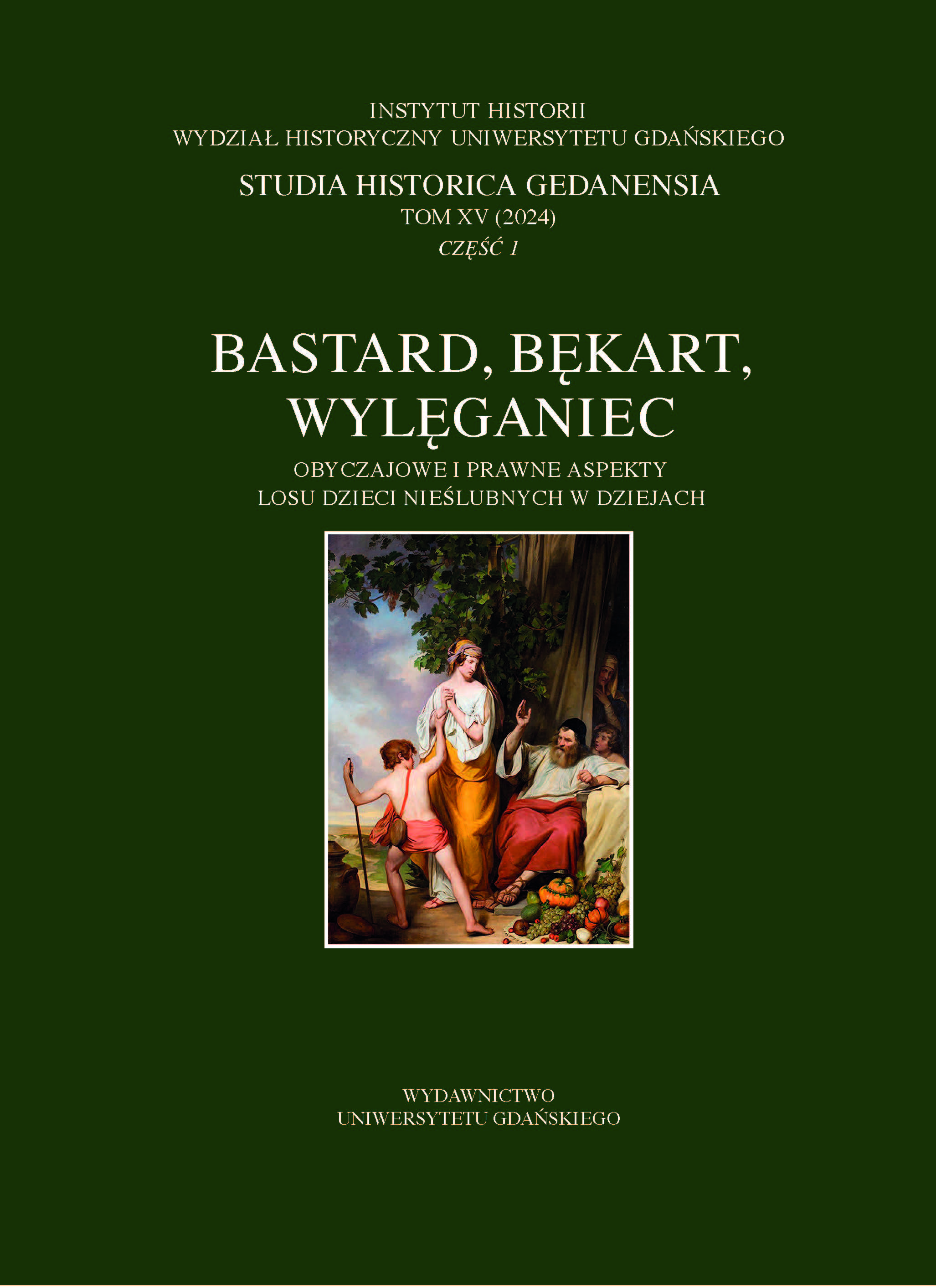Uprzywilejowywanie i wykluczanie. Pozycja dziecka w rodzinie w Prusach w XIX w. w świetle Powszechnego prawa krajowego dla państw pruskich
Privileging and excluding: The position of the child in the family in Prussia in the nineteenth century in the light of the General National Law for the Prussian States
Author(s): Paweł ŚpicaSubject(s): History, Law, Constitution, Jurisprudence, History of Law, Local History / Microhistory, Social history, Modern Age, 19th Century
Published by: Wydawnictwo Uniwersytetu Jagiellońskiego
Keywords: childhood; family; exclusion; Prussia; nineteenth century
Summary/Abstract: The article presents the position of the child in the family in the light of the General National Law for the Prussian States from 1794, seen from a historical‑pedagogical perspective. It discusses the rights and duties of children, the extent of parental authority, and the situation of children born in morganatic marriages, children of divorced persons, illegitimate children, adopted children, and so‑called wards, i.e., orphaned or abandoned children without parental care.The analyses conducted reveal a feudal mentality’s influence on the perception of the child through the lens of their position in social stratification and their birth circumstances. Prussian law clearly favored children born within legitimate marriages at the expense of offspring from other types of relationships. It also upheld a patriarchal family model with the father’s redominant influence on the direction of a child’s education and future.
Journal: Studia Historica Gedanensia
- Issue Year: 1/2024
- Issue No: 15
- Page Range: 163-180
- Page Count: 18
- Language: Polish

